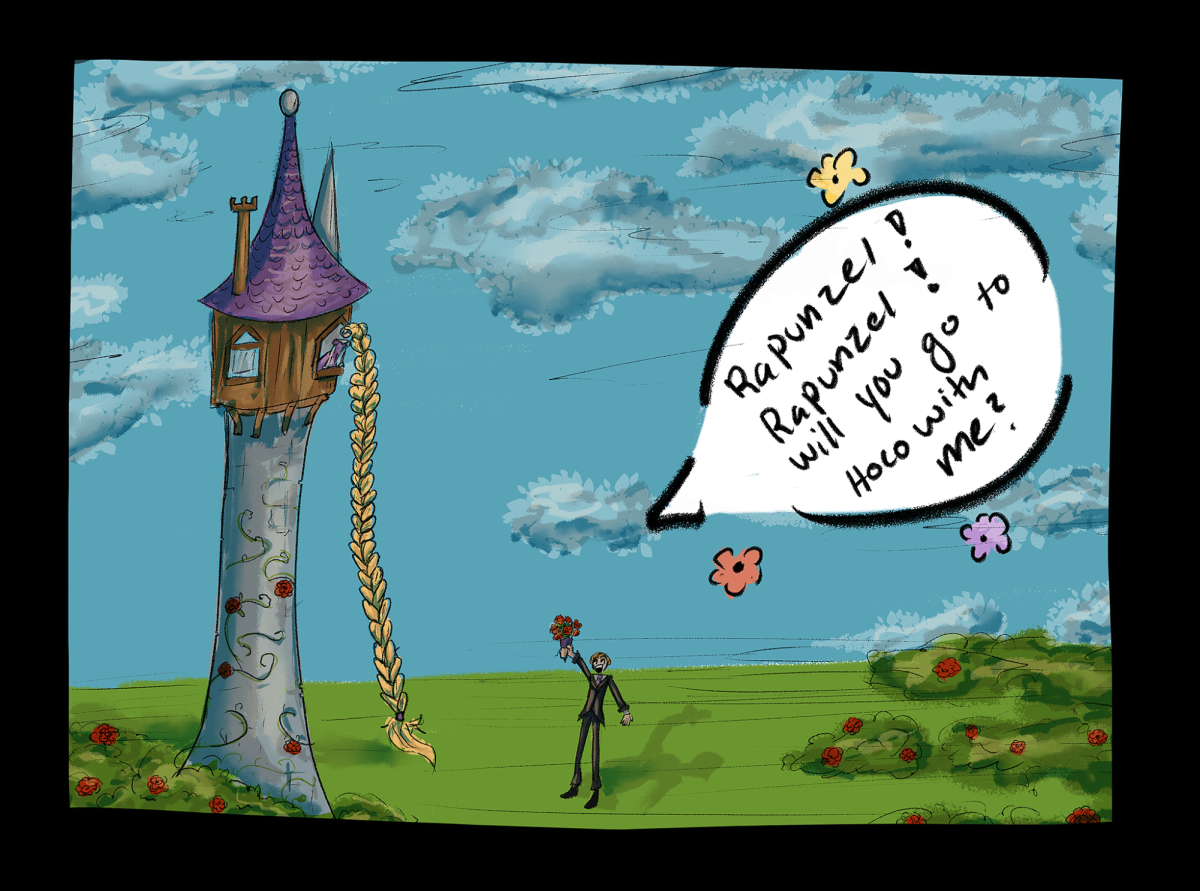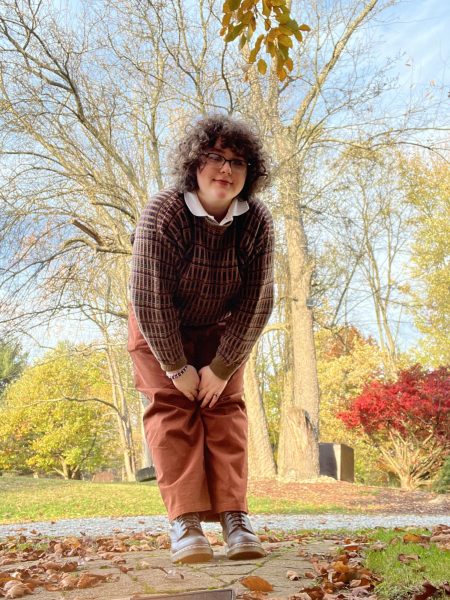Some students experience burnout at some point, when they feel like they can’t live up to their own or others expectations put on them. But some kids, kids who are labeled as “gifted”, have a little bit of a different experience.
So called “gifted kids” have an IQ of 130 or over and have many expectations put on them as soon as they enter the program. “How can you make yourself better? What can you do to be smarter?” These questions are often what students tell themselves, which slowly weighs down on them until it hits. It is gifted kid burnout.
According to choosingtherapy.com, gifted kid burnout is “when a child that’s endowed with above-average abilities becomes exhausted as a result of too much pressure from unrealistic expectations they set for themselves or others place on them.”
Experiencing burnout when you are supposed to be “perfect” is horribly difficult. You are expected to do so much, to be something more than a student, but you can’t bring yourself to do anything at all. Life and school just seem draining.
The chronic stress of burnout may lead to isolation and irritability, which creates a plethora of issues for a student. This is when students begin to stop trying in school, not because they don’t apply themselves, but because they can’t apply themselves.
Many parents, students, teachers, and administrators believe that if a student wants to apply themself, they can, and that if they fail to achieve greatness, it is their fault. This is just not the case. Students should not be scolded for below average work when there is so much that can be done to prevent the student from ever being stressed.
First of all, teachers and school officials should be available to help students experiencing burnout. They should motivate, encourage and support students during tough times, not tell them to “apply themselves.” When you’ve been applying yourself so much for so long, you’ll eventually run out of motivation. But that’s why there needs a support system in school to give students some of their motivation back, and to help students feel better about themselves and their work.
Next, the family and friends of students should be there for support as well. Along with that, they should help to provide a safe space away from school and work so that students can “cool off” and feel comfortable. Without people there outside of school for students to relax with, students will experience loneliness and isolation, which will feed the stress.
Students should also not be afraid to get help themselves, through therapy and reaching out to others. If a student has a supportive group surrounding them, it is up to them to utilize the support, and to tell others when they are struggling. There is so way to help if no one knows that you need it.
There are resources available in schools, online, and all over the world for therapy and help, but there needs to be information given to everyone so that they know that gifted kid burnout even exists. There needs to be awareness and people need to be informed about gifted kid burnout and how to help. If no one understands the student, then the student will feel like an outcast, which only increases possible burnout symptoms.
In general, the labels put onto gifted kids need to be diminished. Of course we want to recognize students for achievements, but giving them an inflexible label of “smarter” or “better” or “gifted” makes them feel like they need to be capable of more than should be expected of them. Putting labels on any student is seen as putting them in a box. Why should that be any different for gifted students?
Gifted kid burnout is real and will only get worse if no one tries to help or simply pay attention to it. There is a degree of unfair insincerity when it comes to helping gifted students who are struggling. This makes gifted students feel like they cannot be helped, which will do nothing to improve their burnout. Helping a student is not only the student’s responsibility, it is also their surrounding environment. It’s time to create an environment that students will be able to apply themselves for.















